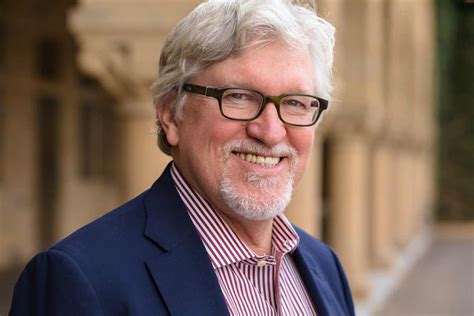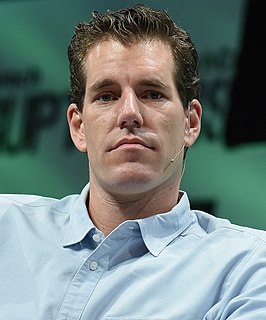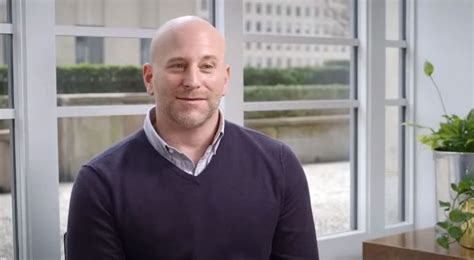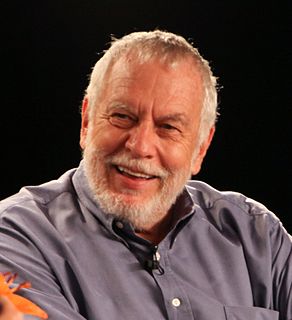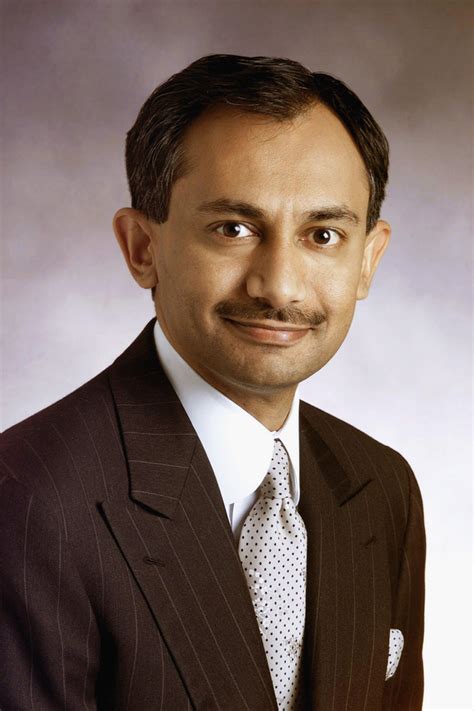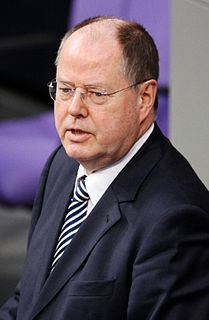A Quote by Chanda Kochhar
I use my interaction with both my kids to know how the youth today relates to technology, their expectations in terms of mobility and social solutions by customer services-oriented businesses like banking.
Related Quotes
There's a lot of good that's done for society in building businesses, but it's also great to be involved in those things where you can be connected to the community, to the world, and think about how you can use what you're creating, both in terms of your personal skills as well as your products or services to do good things for others.
On the one hand, I loved being a banker. I loved how numbers could tell a story and how you can invest in ideas and see them translate into products and services and create jobs. What I didn't like, particularly where I was working in Brazil during the debt crisis of the early '80s, was how the poor were excluded from the banking system. I made the decision to try and experiment with whether we could use the tools of banking to extend the benefits of the economy to the poor.
Homeland Security was rejecting, is rejecting terms like Jihad. They don't want to use terms like Jihad or Sharia, because they feel that alienates the youth in terms of propagandizing. However, an imam can talk about the killing of gays. To fight a cult, which is, this is the cult, you have to use the terminology of the cult, because how else can you explain what the cult and its practices are?
The good things at the U.S. health care system are that we have a well-trained labor force, particularly physicians; I don't think any nation trains doctors better. We have the latest technology, simply because we throw so much money at it. We are really technology-hungry in this country. That's a good thing. Our system more treats patients like customers, which is a good thing; that it's very customer-friendly. And it's very innovative, both in the products we use, in the techniques we use and the organizational structures we use. Those are all very good things, highly competitive.
I think Amazon is the preeminent pioneer in building a new way of doing commerce: personalized, database-driven commerce, where the big value is not in the purchase fulfillment, but in knowing as much about a customer base of ten or twenty million people as a corner store used to know about a customer base of a few hundred. In today's mass-merchandising world, that's largely gone; Amazon is trying to use computer technology to re-establish it.

